
From Chief Critic to Commander of Chaos: Nigeria Burns on Tinubu’s Watch
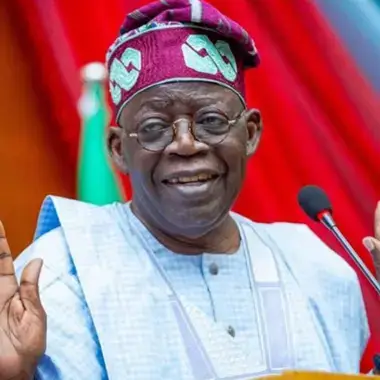
Before becoming Nigeria’s President, Bola Tinubu was a vocal and fierce critic of the previous administration’s failure to handle Nigeria’s worsening security crisis. In 2014, he publicly called out the government for its incompetence and neglect, saying:
“What is new about the security situation in the last one week that has not been there in the past 3 years to warrant this postponement?”
“On matters of security, the bulk stops at the President’s table. Like in other countries, Jonathan is the Chief Security Officer. Stop Boko Haram.”
“Nigeria’s security situation is precarious. Nigerians are tired of excuses and explanations. They want protection for their lives and property.”
“The festering Boko Haram attacks on the North East and massacre of innocent citizens are concrete proof that Nigeria has no government.”
Tinubu’s tweets sharply criticised the government’s failure to combat terrorism and safeguard innocent lives. They raised expectations that, if he were to come to power, he would prioritise security and restore peace to Nigeria.
Yet, two years into Tinubu’s presidency, the reality is different and far worse. Nigeria’s security situation has deteriorated rapidly. Terrorist groups such as Mahmuda and Lakurawa have launched brutal attacks on communities, killing civilians and destroying homes. In Kwara State, a recent Mahmuda raid resulted in deaths and widespread destruction.
In Borno State, Boko Haram terrorists attacked an army base, killing and capturing soldiers, and seizing weapons, a humiliating blow that underscores the military’s continuing weaknesses. Governor Zulum has publicly accused some politicians and even soldiers of acting as informants for terrorists, while lamenting the military’s lack of proper equipment to combat insurgents effectively.
Despite these glaring failures, President Tinubu has yet to offer a credible or forceful response. Nigeria now ranks 6th in the Global Terrorism Index, a catastrophic fall that speaks to the administration’s inability to halt violence, protect citizens, or restore order.
The crisis in Benue State is a tragic illustration of this failure. Over 200 innocent people have been killed in what President Tinubu called “senseless bloodletting,” yet his official statements stopped short of naming the victims or holding anyone accountable. Peaceful protesters who demanded justice were met not with empathy or solutions, but with tear gas and water cannon tactics more suited to silencing dissent than addressing genuine grievances.
Meanwhile, children and families are left stranded on the streets, exposed to hunger, violence, and exploitation. A heartbreaking witness account put it plainly:
God! I’m so scared. There are no words to describe this. Oh God!!! 💔💔💔💔😭 See the amount of stranded kids on the street, roaming endlessly, exposed to all manner of vices, No home, No Food, Nothing!!!”
The contrast between Tinubu’s 2014 tweets and his current leadership is jolting. Then, he demanded accountability, decisive action, and protection for the Nigerian people. Now, under his watch, terrorism flourishes, security forces are demoralised and poorly-equipped, and innocent civilians continue to bleed and suffer.
Tinubu’s failure to act decisively is not just a failure of governance, but it is a betrayal of the hopes Nigerians placed in him. His silence and inaction embolden terrorists and deepen public despair. Without urgent reforms, transparent leadership, and political will to root out corruption and inefficiency, Nigeria’s security crisis will only worsen.
The Nigerian people deserve a government that not only condemns violence in words but also confronts it with effective policies and actions. Anything less is unacceptable.
About The Author
Related Articles
Mali Tightens Grip on Explosives Supply With New Majority Stake
The Malian government has taken majority ownership of a civil explosives manufacturing...
ByWest Africa WeeklyJanuary 29, 2026Tinubu Follows Gumi’s Lead as Nigeria Signs Turkey Defence Deal, Fueling Speculation Over Who Really Controls the Country’s Security Policy
Nigeria’s diplomatic and security strategy is once again under scrutiny after a...
ByWest Africa WeeklyJanuary 28, 2026Trump’s Greenland Threat Forces Europe to Taste the Logic of Western Colonial Power
It rarely begins with soldiers. More often, it begins with a sentence,...
ByWest Africa WeeklyJanuary 21, 2026Tinubu Government Claims Intelligence Cooperation With the US, Yet New York Times Publishes Conflicting Story Following $9 Million US Lobbying Effort
When the New York Times published its investigation suggesting that claims from...
ByWest Africa WeeklyJanuary 19, 2026






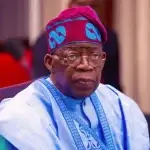
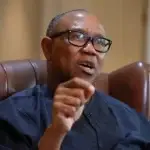

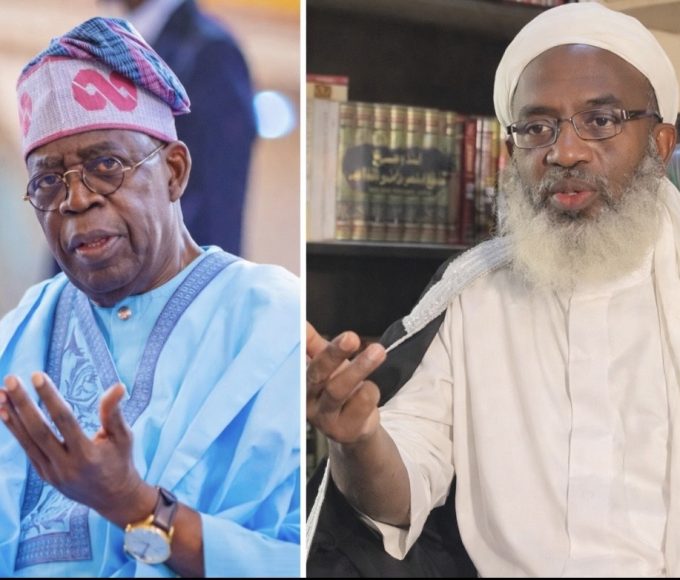
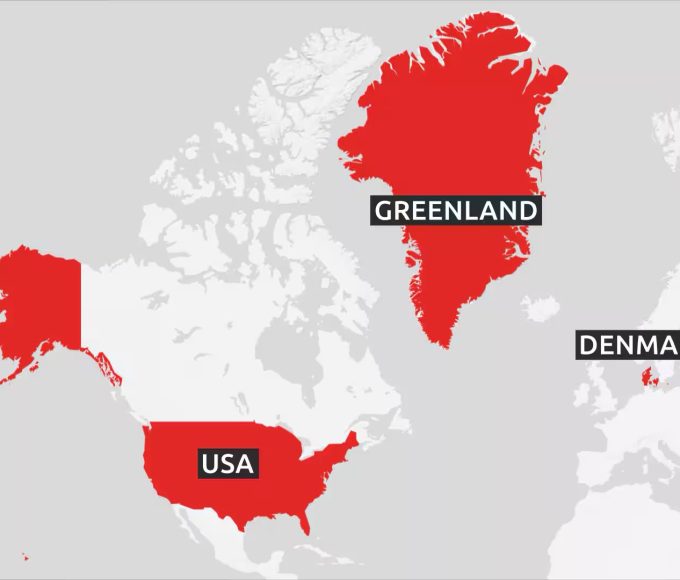
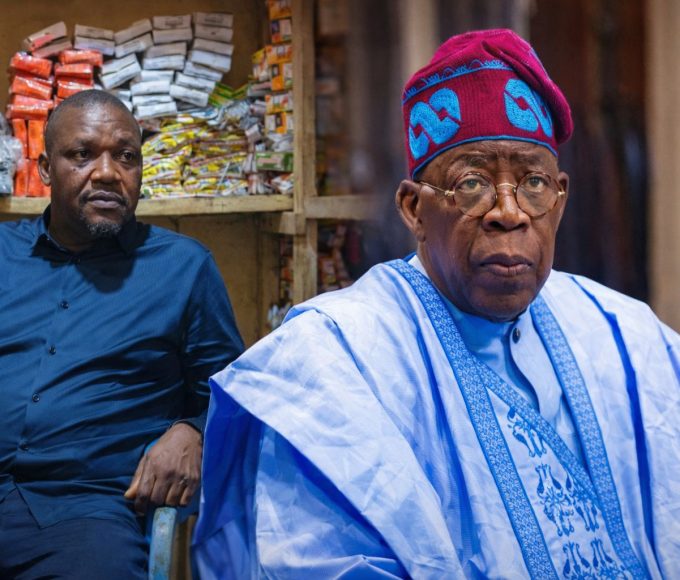
Leave a comment